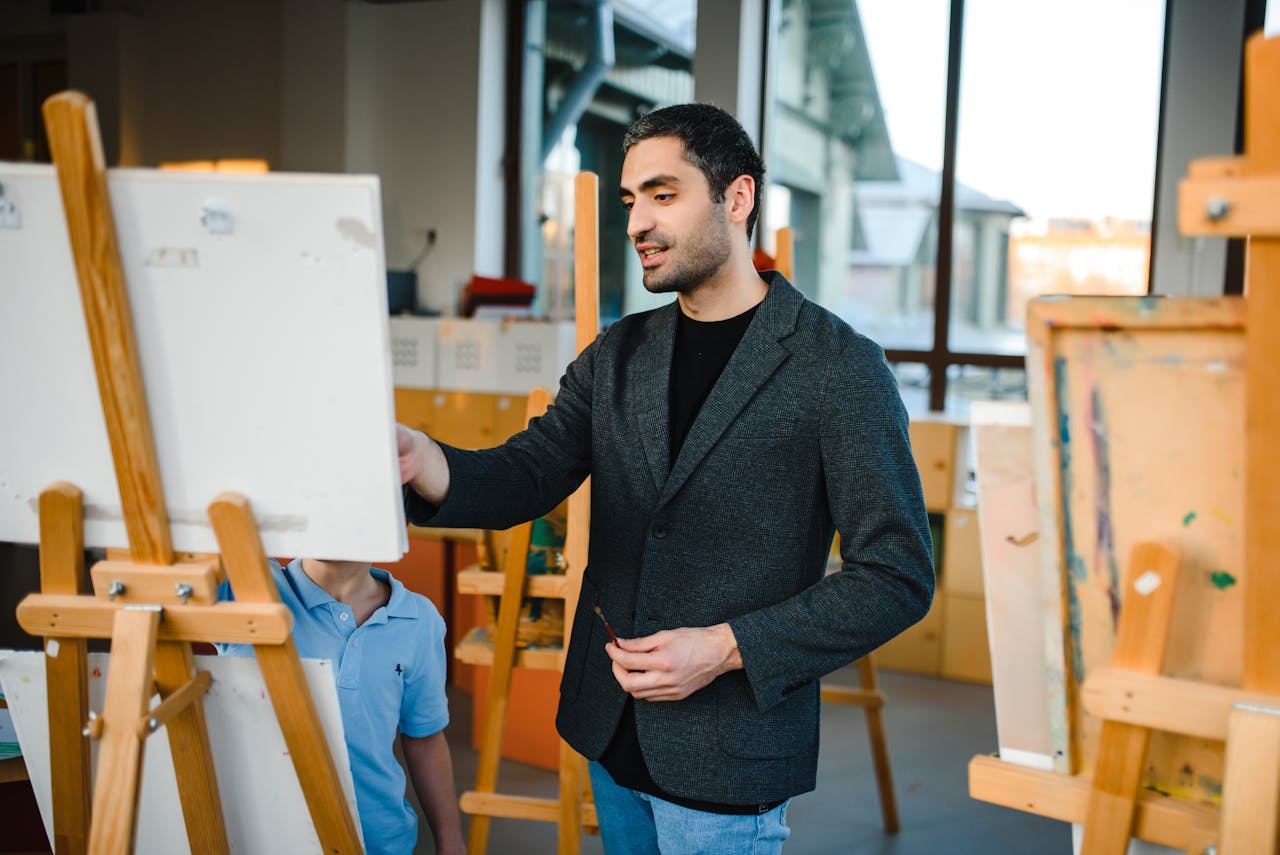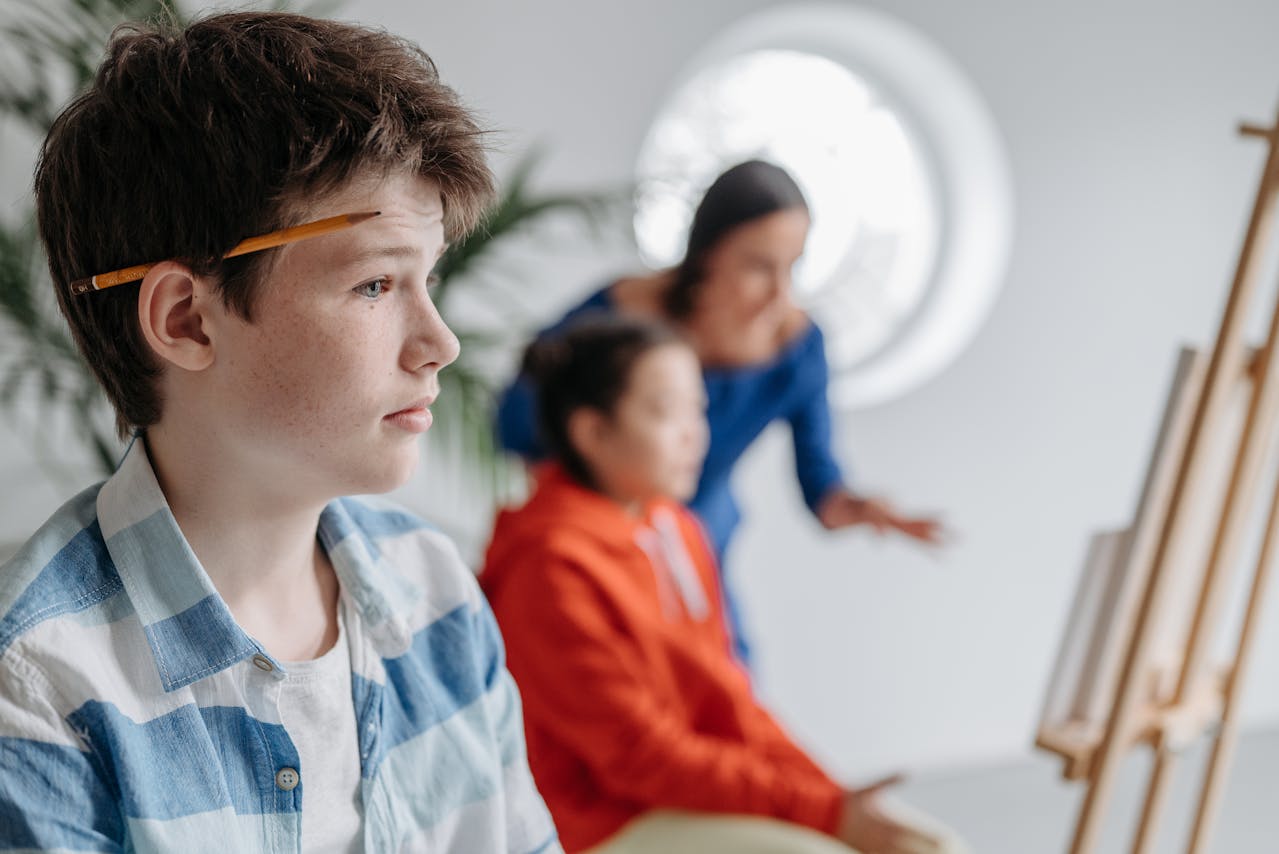Art Education Initiatives: Supporting Access to Arts Education and Programs
Art education plays a vital role in fostering creativity, critical thinking, and cultural appreciation among students of all ages. However, access to quality arts education programs and resources is not always equitable. In this guide, we'll explore various initiatives and strategies aimed at supporting and expanding access to arts education for individuals and communities, ensuring that everyone has the opportunity to engage with the arts and unleash their creative potential.


Arts Integration in Schools
- Advocate for the integration of arts education into school curricula, emphasizing its importance in fostering well-rounded individuals and enhancing academic achievement.
- Support initiatives that provide funding and resources for arts programs in schools, including visual arts, music, theater, and dance, especially in underserved communities.
- Encourage collaboration between schools, arts organizations, and local artists to enrich arts education experiences and provide diverse learning opportunities for students.
Community Arts Programs
- Promote and support community-based arts programs and organizations that offer accessible and inclusive arts education opportunities for individuals of all ages and backgrounds.
- Establish partnerships between schools, community centers, libraries, and local arts organizations to expand access to arts programming and resources beyond the classroom.
- Offer scholarships, subsidies, or sliding-scale fees to ensure that cost is not a barrier to participation in community arts programs.
Artist Residencies and Workshops
- Facilitate artist residencies and workshops in schools, community centers, and other educational settings to provide hands-on learning experiences and exposure to diverse artistic practices.
- Invite professional artists, performers, and educators to lead workshops and mentorship programs, inspiring students to explore their creative interests and develop their artistic skills.
- Emphasize interdisciplinary collaboration and experimentation, encouraging participants to explore connections between the arts and other subjects, such as science, technology, and social studies.
Digital and Virtual Arts Education
- Harness the power of technology to expand access to arts education through digital platforms, online resources, and virtual learning experiences.
- Develop interactive apps, websites, and virtual reality programs that provide engaging and interactive arts education experiences for learners of all ages, regardless of location or physical ability.
- Offer online courses, webinars, and tutorials that cover a wide range of artistic disciplines, allowing individuals to explore their interests and learn at their own pace.
Advocacy and Policy Initiatives
- Advocate for policies and funding initiatives that prioritize arts education in schools and communities, recognizing its intrinsic value and contribution to individual and societal well-being.
- Support legislation that ensures equitable access to arts education for all students, including those from marginalized communities and underserved populations.
- Engage with policymakers, educators, parents, and community leaders to raise awareness about the importance of arts education and its impact on student success, creativity, and cultural enrichment.


Art education initiatives play a crucial role in promoting access to arts education and programs for individuals and communities, enriching lives, fostering creativity, and building cultural understanding. By supporting arts integration in schools, community arts programs, artist residencies, digital and virtual arts education, and advocacy efforts, we can ensure that everyone has the opportunity to engage with the arts and unlock their creative potential. Together, we can build a more inclusive and vibrant society where the arts thrive and enrich the lives of all.












